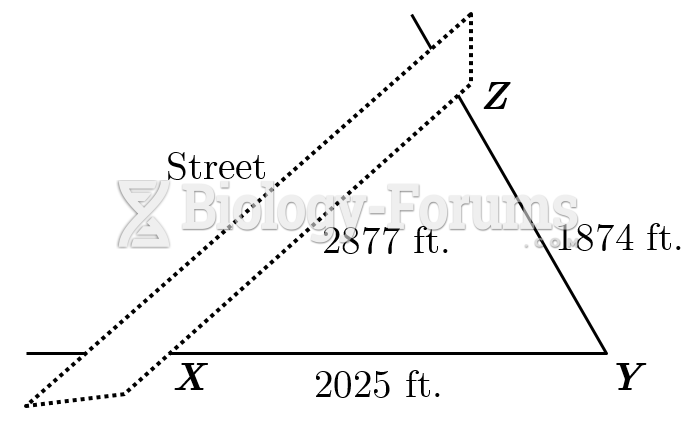|
|
|
During pregnancy, a woman is more likely to experience bleeding gums and nosebleeds caused by hormonal changes that increase blood flow to the mouth and nose.
A good example of polar molecules can be understood when trying to make a cake. If water and oil are required, they will not mix together. If you put them into a measuring cup, the oil will rise to the top while the water remains on the bottom.
Green tea is able to stop the scent of garlic or onion from causing bad breath.
Although puberty usually occurs in the early teenage years, the world's youngest parents were two Chinese children who had their first baby when they were 8 and 9 years of age.
Though methadone is often used to treat dependency on other opioids, the drug itself can be abused. Crushing or snorting methadone can achieve the opiate "rush" desired by addicts. Improper use such as these can lead to a dangerous dependency on methadone. This drug now accounts for nearly one-third of opioid-related deaths.
 Where mangrove diversity is high, mangrove species show clear patterns of vertical zonation relative
Where mangrove diversity is high, mangrove species show clear patterns of vertical zonation relative
 Rank-order correlations show that differential consistency remains high from childhood through late ...
Rank-order correlations show that differential consistency remains high from childhood through late ...





